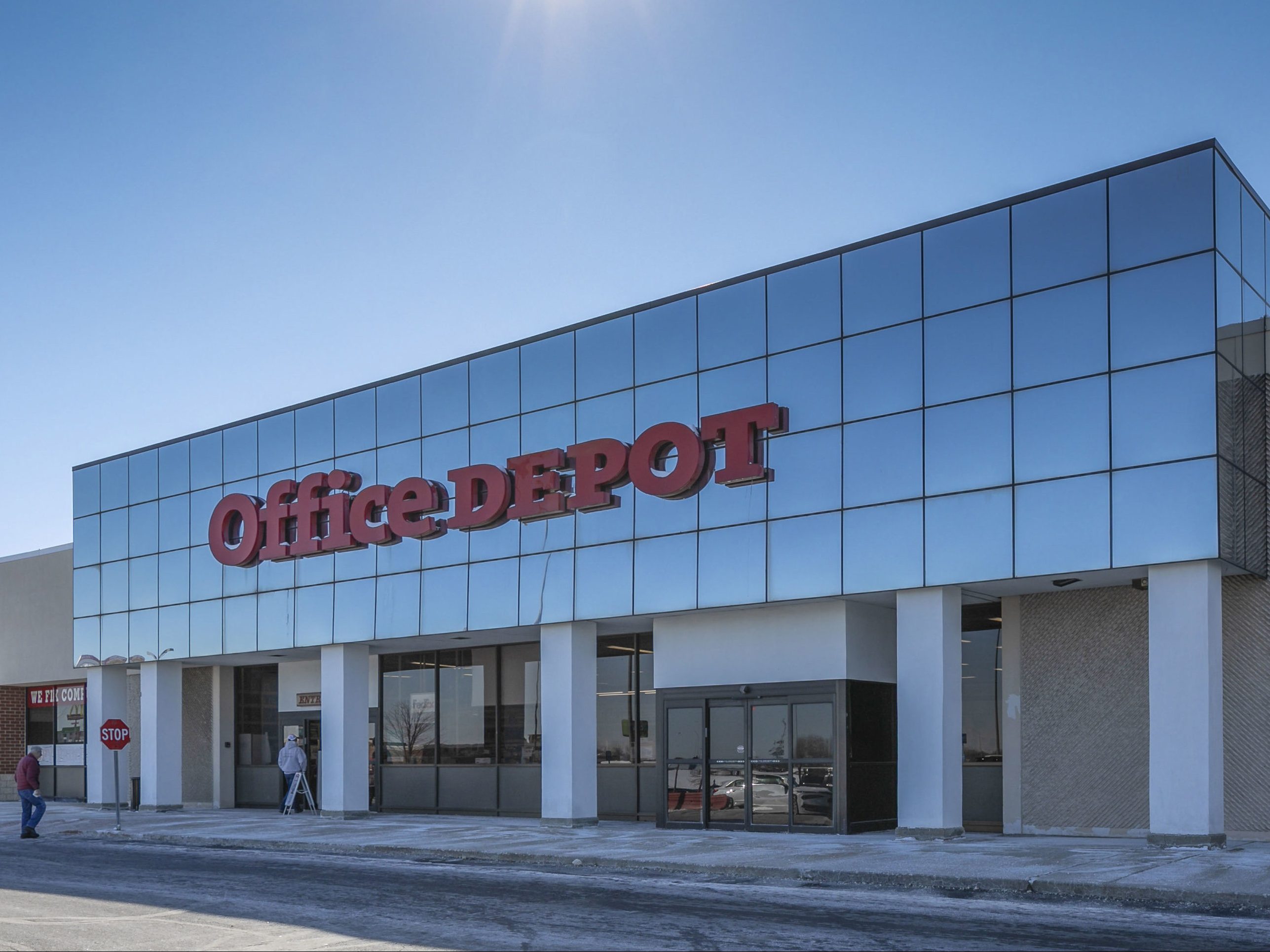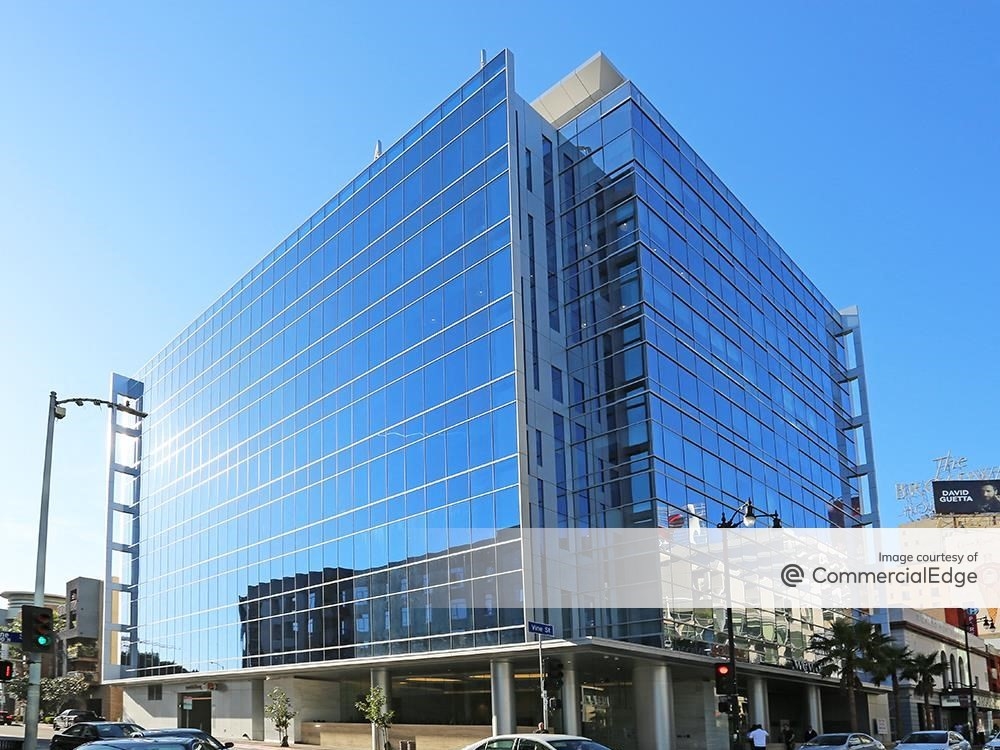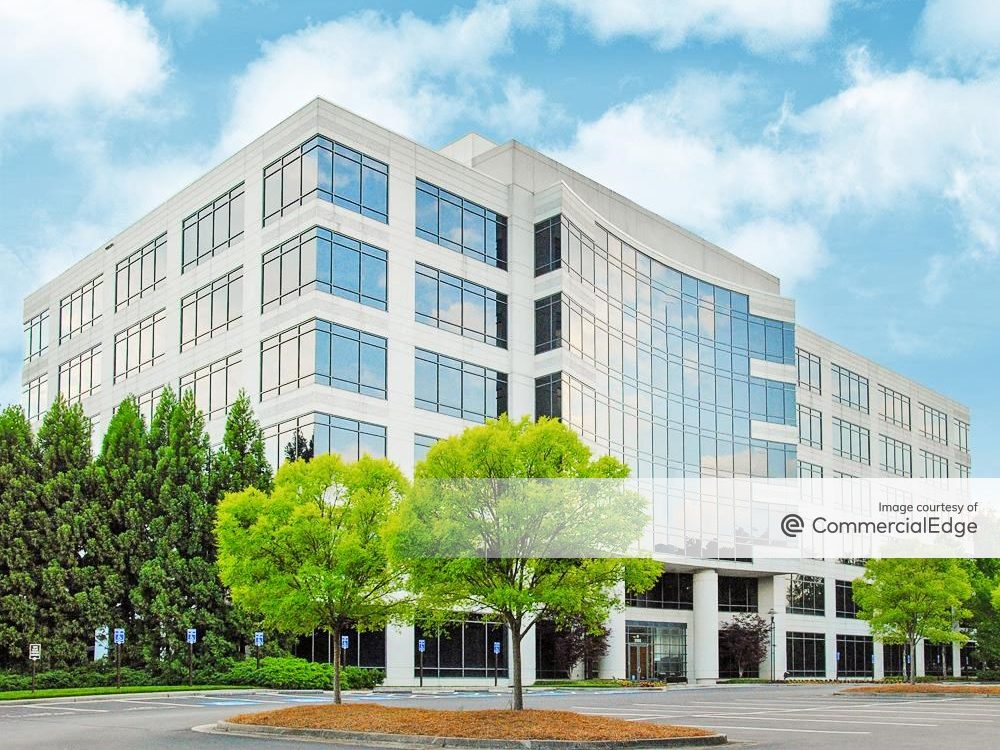The Amenity You Can’t Afford to Overlook
Today, urban planners and developers are driven by digital and physical connectivity. Here's how that mindset is shaping Atlanta.
By JD Jeske
 Connectivity, both the digital communications that allow us to collaborate with coworkers and the physical transportation enabling easy connections moving us from home to work, is more important than ever to employers. These different aspects of connectivity promote work-life blend, which in turn helps attract and retain talent in this ever-evolving employment pool. As each city fights for corporate relocations and the next generation of top talent, the focus on connectivity is increasing and turning to shared spaces and transit alternatives. Connectivity in every sense of the word, digital and physical, is a must-have in the modern workplace.
Connectivity, both the digital communications that allow us to collaborate with coworkers and the physical transportation enabling easy connections moving us from home to work, is more important than ever to employers. These different aspects of connectivity promote work-life blend, which in turn helps attract and retain talent in this ever-evolving employment pool. As each city fights for corporate relocations and the next generation of top talent, the focus on connectivity is increasing and turning to shared spaces and transit alternatives. Connectivity in every sense of the word, digital and physical, is a must-have in the modern workplace.
In Atlanta, there’s a palpitating energy in the air with new developments underway, adaptive reuse projects changing hands at higher-than-ever rates and submarkets experiencing their own moment of resurgence. How can you use this idea of connectivity to attract office tenants and employees? Take a page from Atlanta’s playbook below.
The Atlanta BeltLine
Similar to New York City’s High Line and Dallas’ Katy Trail, the Atlanta BeltLine and other multi-use trails around town have radically changed the way Atlantans view connectivity. The BeltLine, which will ultimately connect 45 intown neighborhoods by a 22-mile loop, is more than a trail, a sidewalk or linear park.
This comprehensive transportation effort by the City of Atlanta will bring in an estimated $10 billion–$20 billion in economic development, all while connecting neighbor to neighbor, customer to business and resident to work through the walkable loop. The BeltLine benefits everyone in the region through exciting new development, historic preservation and sustainability. By creating an opportunity for employees to connect with nature, retail, restaurants and possibly even their homes, these trail-oriented developments are achieving market-high rents and sustained low vacancy.
Ponce City Market, which sits on the BeltLine and integrates the trail into its building, is a great example of an adaptive reuse project that prioritizes all forms of connectivity. Ponce includes ground floor retail and a rooftop amusement park, providing office tenants, residents and visitors an ideal place to connect with friends before or after they explore the BeltLine. With tenants such as MailChimp and General Assembly, Ponce also has worked to ensure its tenants never lose their digital connection by earning its Platinum Wired Certification. With the highest office rents in the city right now, it’s clear that connectivity is a premium amenity.
MARTA & Connected Communities
Atlanta may not be known for its public transit, but its Metro Atlanta Rapid Transit Authority, or MARTA, provides service to 1.7 million residents of Metro Atlanta. Public transit creates connected communities, and as Millennials and Gen Z search for careers, they are looking for those jobs close to transit.
Transit-oriented development has become a staple of MARTA’s efforts throughout Metro Atlanta, and those office buildings that are located within close proximity to transit create activity nodes that offer mobility choices and work-life blend craved by the workforce. As a bonus, employees can stay connected and productive on their way to work by avoiding rush hour traffic and getting a jump start on emails and connecting with co-workers.
Colony Square, a mixed-use development in Midtown that is currently undergoing a massive renovation, is located less than three blocks from MARTA. Midtown Atlanta is currently seeing the highest construction activity in the metro area, and Colony Square is right in the middle of it all. The development firm behind the re-imagined community hub, North American Properties, understood how attractive connectivity would be to current and potential tenants and made necessary arrangements to ensure all tenants and guests were able to easily connect, no matter what.
Coworking & shared spaces
As Atlanta focuses on creating a more connected infrastructure for residents and visitors to the city, office owners and employers in Atlanta are making a concerted effort to increase person-to-person connections in the workspace. Coworking and shared space is one of the fastest-growing office types in Atlanta, with Downtown Atlanta adding more than 700,000 square feet of coworking space since 2014 (according to JLL Atlanta). Ground-up developments and repositioned offices are adding shared spaces and activated lobbies in every submarket to serve tenants who want collaborative, flexible spaces and to compete with the coworking market.
Employees want variety in where they work and are looking for areas to remain productive away from their desk and outside of the four walls of their office suite. The office of tomorrow needs to provide unrivaled connectivity to ensure teams don’t lose a minute of productivity no matter where they are plugged in. This includes the ability to access the strongest connection to Wi-Fi, full cell service and most importantly, space to collaborate with colleagues in the building. Across Atlanta, we’re seeing developers add shared space to their buildings, whether through established brands, such as WeWork, or in their redevelopment plans.
One example of a developer bringing in shared spaces for increased collaboration is Hines, with its T3 West Midtown office building. With open terraces and a rooftop lounge, as well as a first-floor social work space to provide abundant space for employees to incorporate variety into their workday — all equipped with Wi-Fi — tenants are encouraged to stay on-site for meetings and events.
Employee engagement begins with meaningful connections — from connecting people and places to connecting information. As cities work to attract corporate relocations and other business investments, and as companies work to attract and retain top talent, connectivity will continue to play an integral role.
JD Jeske is head of WiredScore Atlanta. WiredScore is the organization behind Wired Certification, the internationally recognized digital connectivity rating system for commercial real estate.







You must be logged in to post a comment.